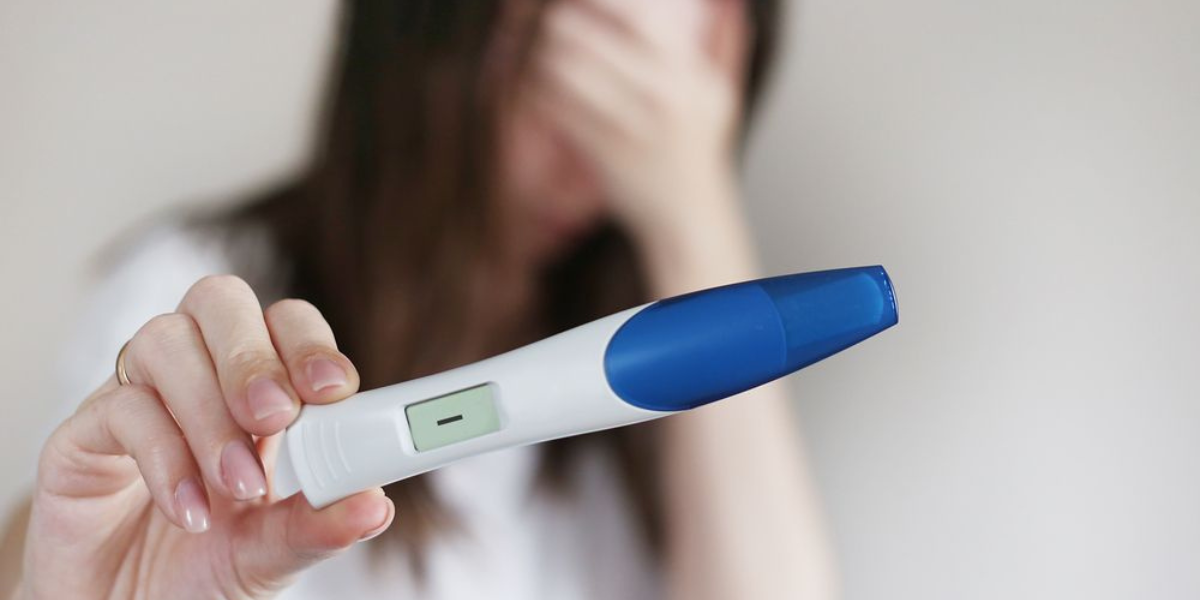Failed IVF Treatment

Understanding Failed IVF
In Vitro Fertilization (IVF) is a widely used and often successful assisted reproductive technology (ART) for many couples struggling with infertility. However, not all IVF cycles result in a successful pregnancy. A failed IVF cycle can be a deeply emotional and challenging experience, but it's important to understand that it does not mean the end of your fertility journey. Struggling with failed IVF cycles? Get comprehensive evaluation and tailored solutions with Dr. Chaitali Adkar at Dr. Adkar’s Fertility Centre, Ravet, Pune. Renewed hope for parenthood.
Common Reasons for IVF Failure:
Primary Factors
- Poor embryo quality affecting implantation chances
- Implantation issues related to uterine lining
- Advanced maternal age impacting success rates
- Suboptimal ovarian response to stimulation
- Genetic and chromosomal abnormalities
Assessment After Failed IVF:
Embryo Quality Analysis
Detailed assessment of embryo development and quality
Uterine Evaluation
Examination of uterine lining and receptivity
Genetic Testing
Screening for genetic factors affecting success
Hormone Analysis
Comprehensive hormonal profile assessment

